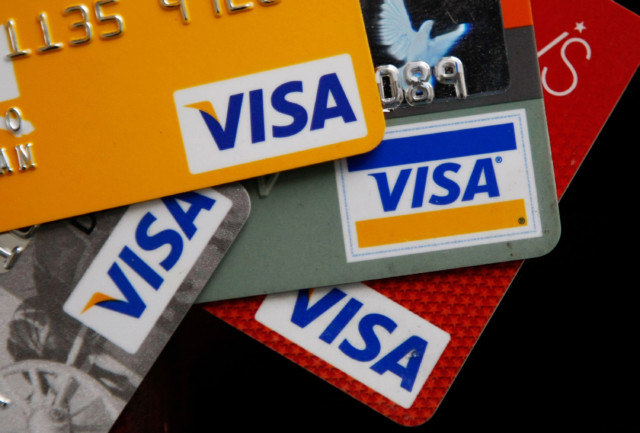BETWEEN the effects of the coronavirus pandemic and the onslaught of the festive season, more of us than ever are struggling to pay the bills.
But if you’ve lost your job due to coronavirus, or are simply feeling the squeeze this year – there’s loads of schemes available that can help you make ends meet.
From grants and loans to payments holidays and advice, we round up all the ways to cut costs and get help paying the bills before Christmas.
Help with energy bills
- Winter Fuel Payment
The Winter Fuel Payment is a one-off, tax-free payment designed to help with the cost of heating.
You can get between £100 and £300 depending on your individual circumstances as long as you were born on or before October 5, 1954.
Most people who are eligible get it automatically, for instance if you receive the state pension.
If you meet the criteria but don’t automatically get the payment then you will need to apply here.
- Cold Weather Payments
The cold weather payment scheme is designed to help low-income households with energy bills in winter.
From November 1 to March 31, eligible Brits get £25 for every seven day period where the weather is below 0C degrees.
You can check if your area has had a cold weather payment on the government’s tool.
You’re eligible for the cold weather payment scheme if you’re in receipt of one of the following benefits and meet certain criteria:
- Pension credit
- Income support
- Income-based jobseeker’s allowance
- Income-related employment and support allowance
- Universal Credit
- Support for mortgage interest
You can find out more about who qualifies for the scheme in our guide.
You don’t need to apply for the cold weather payment as it’s paid automatically.
But, if you don’t get it and think you should, contact the pension centre or Jobcentre Plus office, or call the Universal Credit helpline on 0800 328 5644.
- Warm Home Discount Scheme
Low income households can get up to £140 towards their electricity bills thanks to the government’s warm home discount scheme.
It is usually paid directly to your energy supplier who then applies the discount to your bills.
You may be able to get the discount on your gas bill instead if your supplier provides you with both gas and electricity.
There are two ways to qualify for the Warm Home Discount Scheme:
- If you get the Guarantee Credit element of Pension Credit (the ‘core group’)
- If you’re on a low income and meet your energy supplier’s criteria for the scheme (the ‘broader group’)
If you’re in the core group you should receive a letter telling you what you need to do. If a letter hasn’t come by the end of December – call the helpline on 0800 731 0214.
If you think you’re in the broader group then you need to check with your supplier to see if you meet the criteria and how to apply.
- Health Through Warmth scheme
This was scheme set up in 2000 by fuel poverty charity National Energy Action and the NHS.
It aims to improve warmth, comfort and quality of life for vulnerable people who have cold-related illnesses and need help with installing heating and insulation, or making repairs to existing systems or appliances which they can’t afford themselves.
HTW is available across England and Wales to vulnerable people who meet the eligibility criteria.
You will need to fill in an online referral form here.
- Grants to pay off energy debts
If you’re in debt to your energy supplier, you might be able to get a grant from the British Gas Energy Trust to help pay it off.
This scheme is available to anyone – you don’t have to be a customer – and you can find out more and apply here.
Several companies also offer a grant scheme for their customers including:
- npower Energy Fund
- Scottish Power Hardship Fund
- Ovo Debt and energy assistance
- E.on Energy Fund
- EDF Energy Customer Support Fund
- Bulb Energy Fund
The conditions of each scheme vary, so contact your energy provider to find out more.











